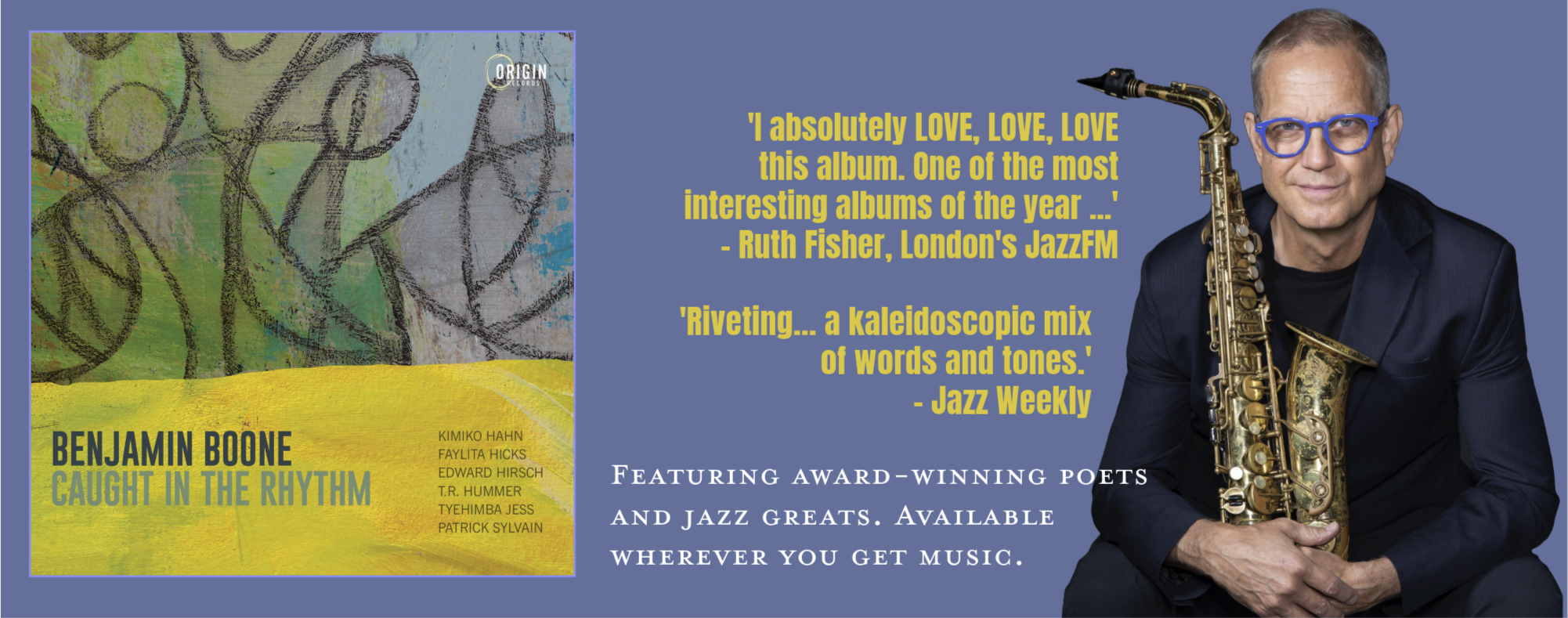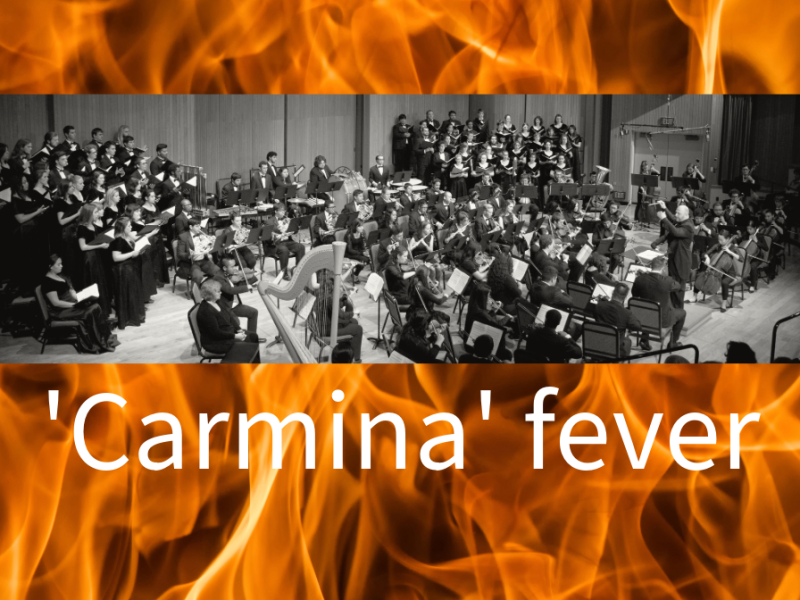Journeying through Bach: 5 reasons why you should drop everything and hear Jeremy Denk perform ‘The Well-Tempered Clavier’ for Keyboard Concerts
Jeremy Denk’s concert for the Philip Lorenz International Keyboard Concerts series (7:30 p.m. Friday, Feb. 18) is a big deal. Here are Five Reasons Why:
1.
Denk is performing J.S. Bach’s “Well-Tempered Clavier, Book 1.”
Yes, all of it. In its entirety. The nearly two-hour shebang. The Mount Everest of Bach performances. Denk will perform the “first book’s” complete set of preludes and fugues in all 24 major and minor keys. It’s an audacious outing attempted by only the most dedicated of pianists.
For aficionados of Bach – and of outright virtuosity – listening to the cycle of two dozen pieces in one setting is a dizzying immersion in the colors of the musical spectrum. It’s like using all 120 Crayola “big box” crayons to make a drawing.
On his website, Denk describes the result:
“What you find here is completely new, rejuvenating, alive; it doesn’t bother tugging at your heartstrings, it just enters your bloodstream.”
2.
Denk is a really smart guy.
A winner of the MacArthur “Genius” Fellowship and the Avery Fisher Prize, Denk thinks a lot – about music and everything else. And he’s always game to challenge an audience and expand horizons.
Along with his performances, he’s known for his writing (including a terrific classical music blog). His articles have appeared in The New Yorker, The New Republic, The Guardian, and on the front page of The New York Times Book Review.
His memoir, “Every Good Boy Does Fine,” will be published by Penguin Random House in March.
3.
Denk has put a lot of time and energy into his “Well-Tempered Clavier” project.
In 2020 Denk was artist-in-residence at The Greene Space at WNYC and WQXR in New York City, and the plan was for him to embark in 2020 on tour performing “Well-Tempered Clavier” at concert halls across the United States, Europe and the U.S. Then came the pandemic. Denk shifted to online presentations recorded from his practice retreat, an old Dutch farmhouse in the Catskills.
He also made a video titled “The Well-Tempered Clavier’s Greatest Hits with Jeremy Denk” that serves as a great introduction to the 24 preludes and fugues:
Now that he’s touring again, Denk is slipping his marathon Bach project back into concert rotation. He’ll be performing the pieces almost two years to the day that his original Keyboard performance was scheduled. That’s great timing, considering the iconic work celebrates its 300th anniversary this year.
Bach’s pieces are unusually open to interpretation, which means that various artists over time have come to strikingly different versions of his music. Classical critic Harvey Steiman writes:
Bach did not indicate many tempos, nor did he notate crescendos or diminuendos, leaving these choices to the player’s creativity. Countless modern pianists have given the pieces their own glosses, among them Glenn Gould’s willfully insistent tempos and Old Testament gravitas, András Schiff’s tender, deferential modesty and Angela Hewitt’s freewheeling flow.
What Denk manages to do, writes critic Susan Hall, is offer a new and vibrant vision:
Listening to Denk, one hears the depth, the whimsy and play Bach found in notes. Power and virtuosity, and infinite technique produce heartbreaking melodies, and pure abstraction. Denk seems to have fun. There are LOL moments unusual in the concert hall.
4.
Denk doesn’t just perform Bach; it’s as if he inhales him.
If you read the pianist’s own writings and listen to his commentary about “The Well-Tempered Clavier,” you get caught up in Denk’s seemingly transcendental experience with the composer. This music can change you, he says.
“When I started practicing it, I felt that I was plugged into a kind of contentment that I wasn’t used to having, maybe something I would find with yoga or some other meditation,” he says. “It made me feel a kind of happiness and a kind of at-oneness with time that I wasn’t really used to.”
5.
Denk is a repeat performer at Keyboard Concerts.
That’s a great reason to support him – and perhaps take a risk on a program with a single composer, says series artistic director Andreas Werz. We know what a fine player he is and his intellectual track record.
“It’s a big deal for everybody – it’s a big deal for the player, and it’s a big deal for the audience,” Werz says. “This is something really unique for Fresno and the series.”









